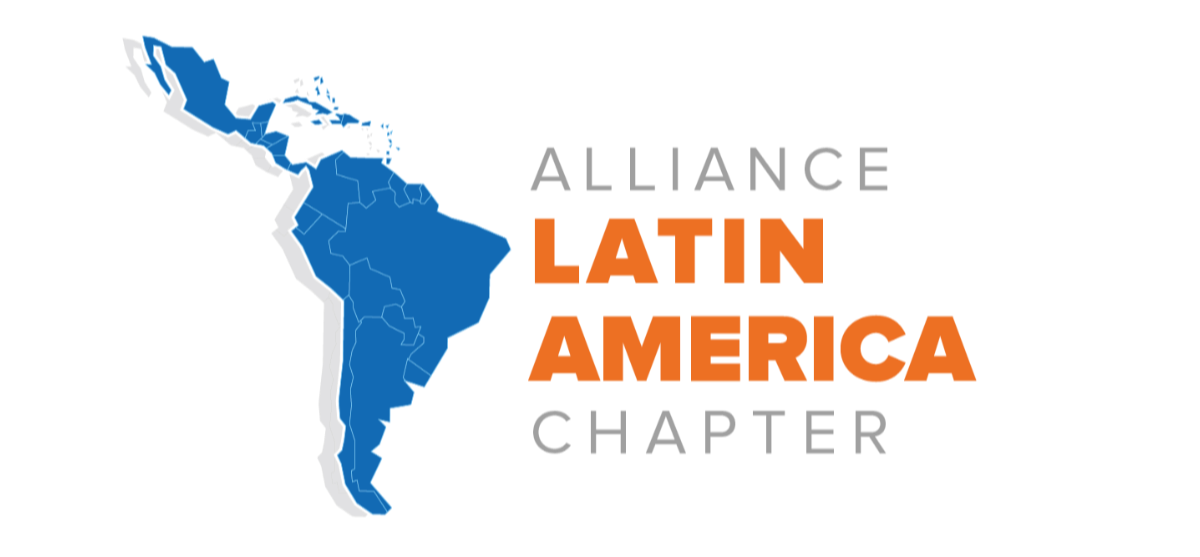
Today,
the 51 members of Global Alliance of NGOs for Road Safety (the
Alliance) in 15 countries in Latin America launched a new regional
chapter to unify and strengthen their advocacy and influence to save
lives across the continent.
Last year, the Global Plan for the Decade of Action for Road Safety
2021–2030 (Global Plan) was published, setting out the action that
governments need to take to achieve a 50% reduction in road deaths and
injuries by 2030. The Global Plan highlights the essential role of civil
society in achieving this ambitious target. NGOs play a pivotal role in
promoting, advocating, and achieving the adoption of proven measures
toward the 2030 target. In recent months, NGO advocacy has contributed
to significant legislative wins in Mexico and Colombia and the
development of national road safety strategies with aggressive fatality
and injury reduction targets in Ecuador and Colombia.
The Latin America Chapter will be a platform of support to strengthen
and unite NGOs in the region working on road safety, mobility, and with
road victims; recognizing synergies between countries and leveraging
NGOs’ joint strength and experience to stronger, further-reaching
advocacy wins. Together they will keep their governments accountable for
their global, regional, and in-country commitments, including the 2030
target, and keep road safety on the agenda until every person in Latin
America is guaranteed — through commitment and action — their right to
safe mobility.
The proven actions that can prevent road deaths and injuries are known.
Now, governments must prioritize and implement them. Alliance member
NGOs have drafted a call to action for decision makers in Latin America,
taking account of the specific context and challenges within the
region. It calls for governments in Latin America to:
- Guarantee the right to safe mobility by drafting and enforcing laws or constitutional changes that transcend government terms and short term priorities;
- Implement evidence-based actions, with particular attention to:
- speed management, which is the primary factor aggravating all other risk factors;
- safety of motorized two-wheeler users by improving vehicle and driver license standards, strengthening post-crash care and crash investigation;
- comprehensive support systems for road crash victims and their families;
- stronger legislation and enforcement for blood alcohol concentration (BAC) and use of handheld devices while driving.
The
launch of the Latin America Chapter has been achieved through
sponsorship from Michelin Group, supported by Michelin offices in
different countries in the region. It is coordinated by the Alliance
Secretariat with strategic guidance from an advisory committee of member
NGOs from the region.
Lotte Brondum, Executive Director of the Alliance, said, “Under the
umbrella of the Alliance, the Latin America Chapter is a grassroots
movement, guided by members to strengthen the NGO voice in the region.
We thank Michelin for their generous support, which has enabled the
Chapter to be launched, so that the voice and power of NGOs will be
amplified in the region. There is no reason why every country in Latin
America cannot halve road deaths by 2030: we know what proven actions
are needed. We have just 3,044 days until the 2030 target date to reduce
road deaths and injuries. There’s no time to lose.”
Nicolas Beaumont, Senior Vice-President, Sustainable Development and Mobility, Michelin, said, “The
Michelin Group is committed to sustainable and safe mobility,
respectful of man and the planet and resolutely turned toward the
future. NGOs are a key piece of the jigsaw to ensure a safe, sustainable
future for all and we are therefore delighted to strengthen NGO
advocacy and action for safe mobility in Latin America through this new
collaboration.”



Δεν υπάρχουν σχόλια:
Δημοσίευση σχολίου